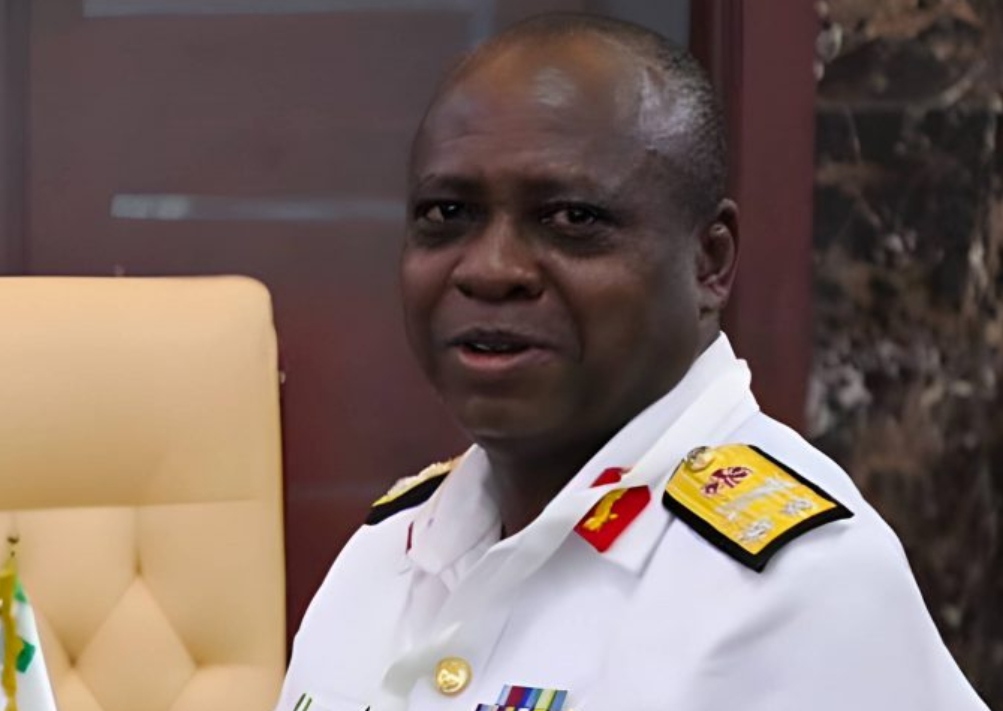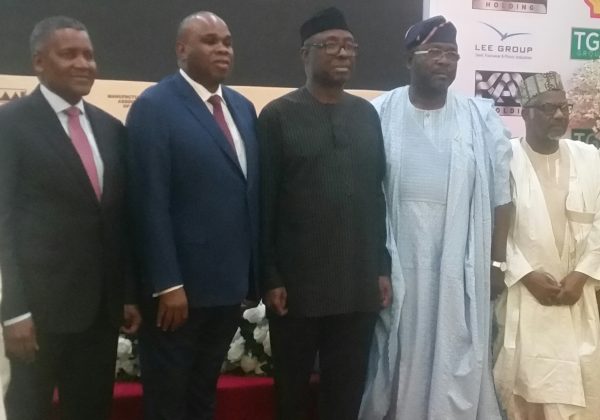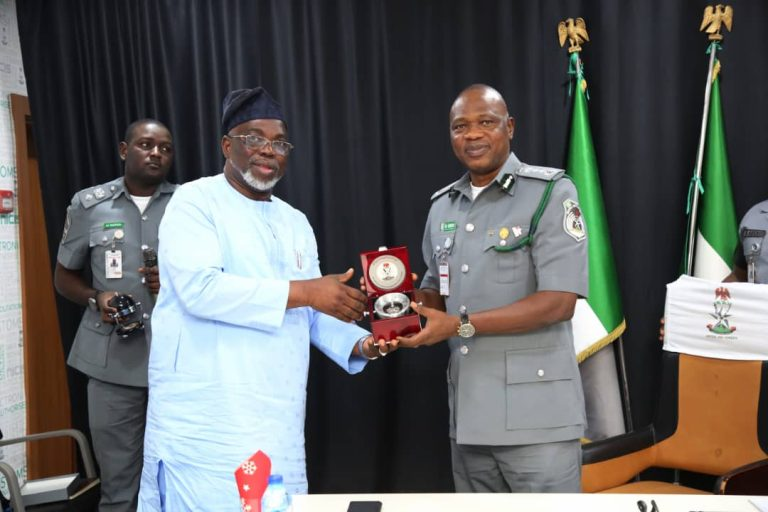How Drone, CCTV Can Suppress Smuggling At Border Areas Without Field Officers, Says Customs

The Nigeria Customs Service (NCS) on Thursday, last week, said that new technology will play vital roles in suppression of smuggling in border areas.
The Service identified deployment of drones as well as Circuit Cable Television (CCTV) along the border areas to monitor the activities of smuggling and smugglers without necessarily the presence of field officers.
This was the position of the Acting Controller of the Federal Operations Unit (FOU) Zone A, Comptroller H.K. Ejibunu on the occasion of the Annual General Meeting of the League of Maritime Editors and Publishers held at Topo Badagry, Lagos.
Ejibunu explained that a central monitoring center will identify spots where offending items are stockpiled and with just one stop operation, the items will be evacuated over heavy detachment of officers.
He said this will avert regular confrontations between officers and smugglers.
Ejibunu who was represented on the occasion by the Assistant Comptroller B.A. Isiyaku said, “technologically equipped patrol vans and the use of body cameras by patrol officers will reduce to the barest minimum, most allegations of extortions leveled against officers while on patrol.
“The Communication gadgets installed in patrol vans will also ease communication gaps between different patrol teams at different points. Should there be any crisis in any given location, reinforcement will not suffer hiccups”.
Noting that trade facilitation has received a great boost with the introduction of technology at different levels to unbundle clearing procedure bottlenecks, he said anti-smuggling operations have not received the much desired attention.
Ejibunu however said that the Comptroller General of the Customs, Rtd Col. Hammid Ali has promised to procure and supply CCTV and body cameras to the enforcement arm of the Service, adding that this will completely change the narrative positively.
He said that anti-smuggling operations will enjoy connectivity with regards to technology in order to seamlessly increase seizure profile.
“By the time drones, CCTV , well equipped patrol vehicles security gadgets and walkie talkies for officers are provided as the CGC promised recently, there certainly will be a great improvement , he said.
On trade facilitation, he said a lot has been introduced ranging from ASYCUDA Automated System for Customs Data, ASYCUDA plus plus, NICIS 1, NICIS 11 and presently e-customs and the Nigeria Trade hub created by the Service to bring all stakeholders in business world together to do business seamlessly.
According to him, “all these technological deployments have significantly reduced bottlenecks associated with clearance of goods at our seaports. The Nigeria Trade Hub clearly simplified clearing procedures which allow the importers or their agents to import, prepare and submit all necessary customs documents within traders zone without interface with customs officers.”
The Chairman of the occasion, Otunba Kunle Folarin had in his opening address said that Nigeria must embrace technology in all facets of trade facilitation like other countries of the world.
Folarin said African countries and other countries of the world have logged into technology for efficiency in maritime trade and commerce.
According to him, technology will help in monitoring the borders as physical presence was not enough in anti- smuggling operations because of the porosity and large areas to be covered.
The Executive Secretary of the Nigerian Shippers Council (NSC), Hon Emmanuel Jime, also spoke on the importance of technology in trade facilitation.
Jime who was represented by the Special Assistant, Mr Nanbol stressed the importance of single window in trade facilitation.
Jime said with single window, every service provider as well as all the agencies involved in trade will be connected so that there will not be need for physical contact.
He explained that this means everyone is connected in the comfort of their offices, “so no need to go to Customs, SON, NAFDAC and other agencies”.
He pointed out that so much has been said on single window, adding that what was needed now was effectiveness.








